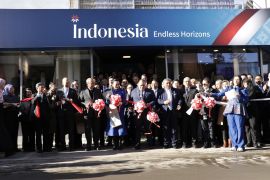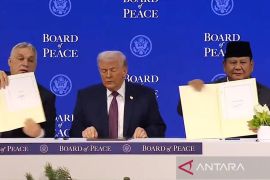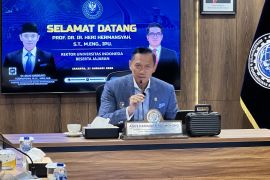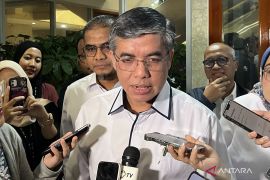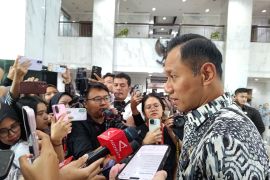Finance Minister Sri Mulyani Indrawati has said by May, 2017 the government would finish drafting regulations to back up implementation of agreement on the Automatic Exchange of Information (AEOI) under which all bank accounts in the world are accessible for investigation of taxable assets.
"All regulations have to be ready by May, this year, namely law regulations on access to information. This means there would be no more banking secrecy in Indonesia," Sri Mulyani said here on Wednesday.
The minister said the era of openness of bank data for the sake of transparency in taxation will soon be in place and Indonesia has been committed to taking part in data exchange among nations in 2018.
For that purpose, law regulations in the form of Government Regulations in Lieu of Law (Perppu) would be issued to back up the era, as the Law has not allowed transparency in banking data, she said.
Currently data exchange is still blocked by the Banking Law, Sharia Banking Law, Capital Market Law or Insurance Law, which have confidential elements that could not be penetrated automatically.
"In order to meet the AEOI requirements, Indonesia must have primary level law regulations that is law regulations giving tax institution access to information about tax payers," Sri Mulyani said.
She said at least 50 percent of 102 countries, which have commitment to data exchange, already have law regulations providing access to banking information and to implement AEOI by 2017.
She said apart from the need for law regulations, the government also will seek to mend its Information Technology system for common reporting to facilitate data access.
"Certainly there would be common reporting or IT system for reporting which is basically the same, in format or content between countries that the exchange of information is fair and equitable that all have mutual responsibility," she said.
The government also would provide strong and standard data base information system that the confidentiality of the exchange of data is secured and the management is in line with the AEOI commitments.
"If we could not meet the standard, one of the implications is that Indonesia will not get reciprocal treatment, which means we would not have information from other countries as we could not have information from ourselves," she said.
She said getting ready internally is important before Indonesia engaged itself in banking data exchange with other countries, especially as now not all tax payers have properly reported their assets.
"Under the tax amnesty program only one third of assets parked abroad have been reported. If failing to access data of tax payers, parking their funds abroad, Indonesia would face serious difficulty to fulfill tax revenues," she said.
The tax amnesty program that began in July last year, will last only until the end of this month.
The government has pledged to take firm action against tax evasion after the program, which obviously would not fully meet the government targets or expectation.
Tax penalty , asset declaration and repatriation of assets from abroad all still fall far short of the targets , although Indonesia is said to be the most successful so far among countries in the world having implemented tax amnesty .
Earlier, Sri Mulyani had warned that in 2018, the would be no safe place for delinquent tax payers to hide their assets in foreign banks (*)
Editor: Heru Purwanto
Copyright © ANTARA 2017

